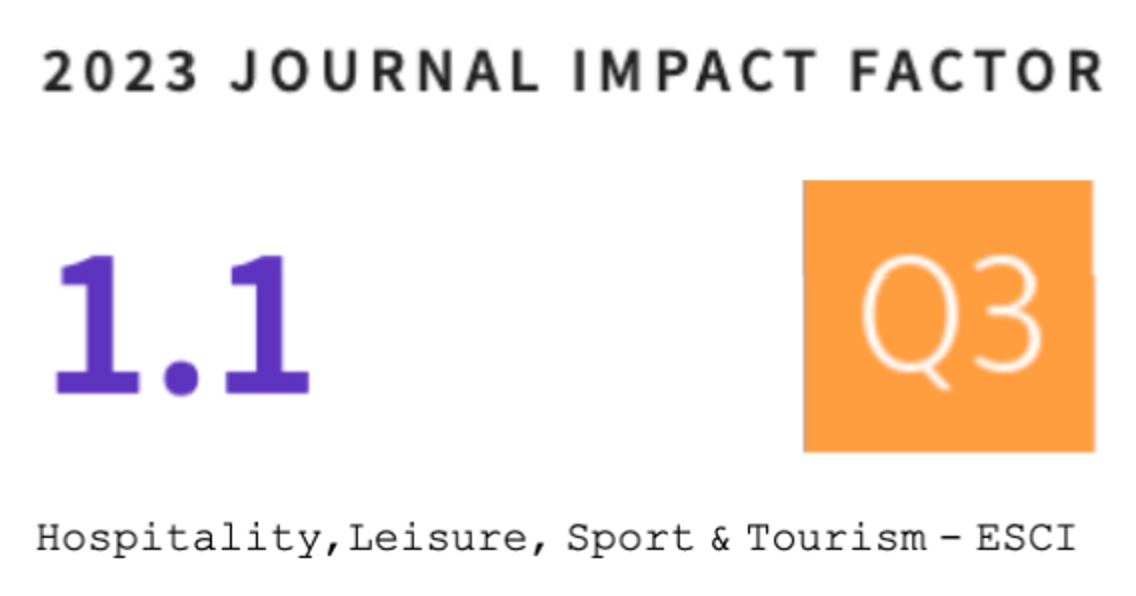- ISSN Print: 1696-5043
- e-ISSN: 1989-7413
- DOI: https://doi.org/10.12800/ccd
Ethics and Disclosures
Cultura, Ciencia y Deporte is firmly committed to maintaining the highest academic and ethical integrity in its publications, taking copyright infringements, plagiarism, and any other violation of recommended publication practices extremely seriously. Our goal is to protect both the rights of our authors and the reputation of our journal, ensuring that each work reflects the principles of originality and transparency.
Plagiarism is understood as the appropriation of ideas, language, images, data, or any other creative material without proper acknowledgement of its origin. This includes the use of material from electronic or printed sources, whether directly or indirectly, without properly citing the original source.
Authors must ensure that they have written and present only completely original works, and it is essential that they disclose any prior distribution or publication of any part of the material submitted for consideration, allowing the editorial team to ensure proper attribution to any previous work. In this context, authors should be prepared to provide, upon request from the journal, documentation or data that verifies the validity of the results presented, which may include raw records or databases, excluding confidential information.
Cultura, Ciencia y Deporte strictly adheres to the guidelines established by the Committee on Publication Ethics (COPE) to investigate and resolve cases of editorial and publication misconduct, thus ensuring that each contribution respects the ethical standards established and significantly contributes to the advancement of knowledge in our discipline. Editors will be especially attentive for possible cases of plagiarism, duplication of previously published works, falsified data, improper appropriation of intellectual property, inappropriate attribution, or incorrect listing of co-authors. In case of suspicions of improper behavior or fraud, Cultura, Ciencia y Deporte will conduct a thorough investigation, taking all necessary measures to preserve the integrity of the academic record.
Therefore, authors should avoid:
- Misrepresentation of affiliations or authorships.
- Presenting others' work as their own.
- Conducting unethical research.
- Copyright violations/use of third-party material without the appropriate permissions.
- Duplicate or redundant submission or publication without justification.
- Plagiarism or recycling of texts (self-plagiarism).
- Manipulation or fabrication of images, data, or research results.
- Manipulation of citations, including excessive and inappropriate self-citation or coordinated efforts for collective self-citations.
- Manipulation of the peer review process.
- Non-disclosure of interests or lack of transparency in conflicts of interest.
- Any practice contrary to the guidelines established by the Committee on Publication Ethics (COPE).
Cultura, Ciencia y Deporte values the positive impact of large language models (LLMs), Mixture of Experts (MoE), and generative AI as productivity tools that can assist authors in certain respects (e.g., ChatGPT, Copilot, Gemini, Mixtral, etc.), recognizing them as useful tools that can assist authors in a variety of ways. However, it is crucial to recognize that these models have limitations and cannot replicate or replace human work and thought.
The misuse of AI in academic research and publication includes generating content that supplants human originality without transparency or proper attribution, as well as manipulating data or results using AI technologies without explicit disclosure.
Authors must explicitly specify in the manuscript the use of language models or other AI-based tools, indicating the specific model used and the purpose of its use. Include this information in the methods section or acknowledgements, as appropriate. In cases where publications are detected that have not declared the use of these tools, we will proceed to implement the necessary corrective measures.
Please review the recommendations of the World Association of Medical Editors (WAME) on the use of artificial intelligence in academic manuscripts:
https://wame.org/page3.php?id=106, as well as the COPE statement on the use of AI (https://publicationethics.org/cope-position-statements/ai-author).
Therefore, authors should consider:
- AI tools cannot be listed as authors of works.
- Authors must be transparent about the use of AI tools, providing specific details of their application. Explicitly stating the use of AI tools in the methodology and discussing their potential impact on the results and conclusions.
- Authors should avoid collecting or analyzing data by AI without critical supervision and significant input from the author.
- Authors are responsible for the content generated by AI tools in their publications, which includes ensuring the accuracy of the information, avoiding plagiarism, and making proper attribution of all sources, including the original material generated by the AI tool.
The journal reserves the right to use plagiarism detection and AI software to verify the originality of the content submitted. In case plagiarism or improper use of AI is identified, COPE and WAME guidelines will be followed, and the appropriate sanctions will be applied. If, after investigation, the suspicions are confirmed, the involved authors will be contacted to address the problem. Depending on the case, this could lead to measures such as rejection and return of the manuscript under consideration, including the possibility of informing the authors; and institution, among other possible actions, always ensuring a fair and transparent process.
If the article is already published online and an infringement is detected, the actions to be taken will depend on the nature and severity of the violation. From requesting a letter to the authors if a misunderstanding is confirmed, to a serious warning about future behavior or formally contacting the funding institution. All this is done to ensure that the quality and ethical standards of what we publish are maintained.
We encourage our authors, reviewers, and editors to familiarize themselves with the ethical guidelines and integrity in academic publishing proposed by the Committee on Publication Ethics (COPE). For more information on how to address plagiarism in submitted manuscripts, as well as in already published manuscripts, and to better understand issues related to intellectual property, we recommend consulting the following resources:
- https://publicationethics.org/resources/flowcharts/all-systematic-manipulation-publication-process
- https://publicationethics.org/resources/flowcharts/plagiarism-submitted-manuscript
- https://publicationethics.org/resources/flowcharts/suspected-plagiarism-published-manuscript













